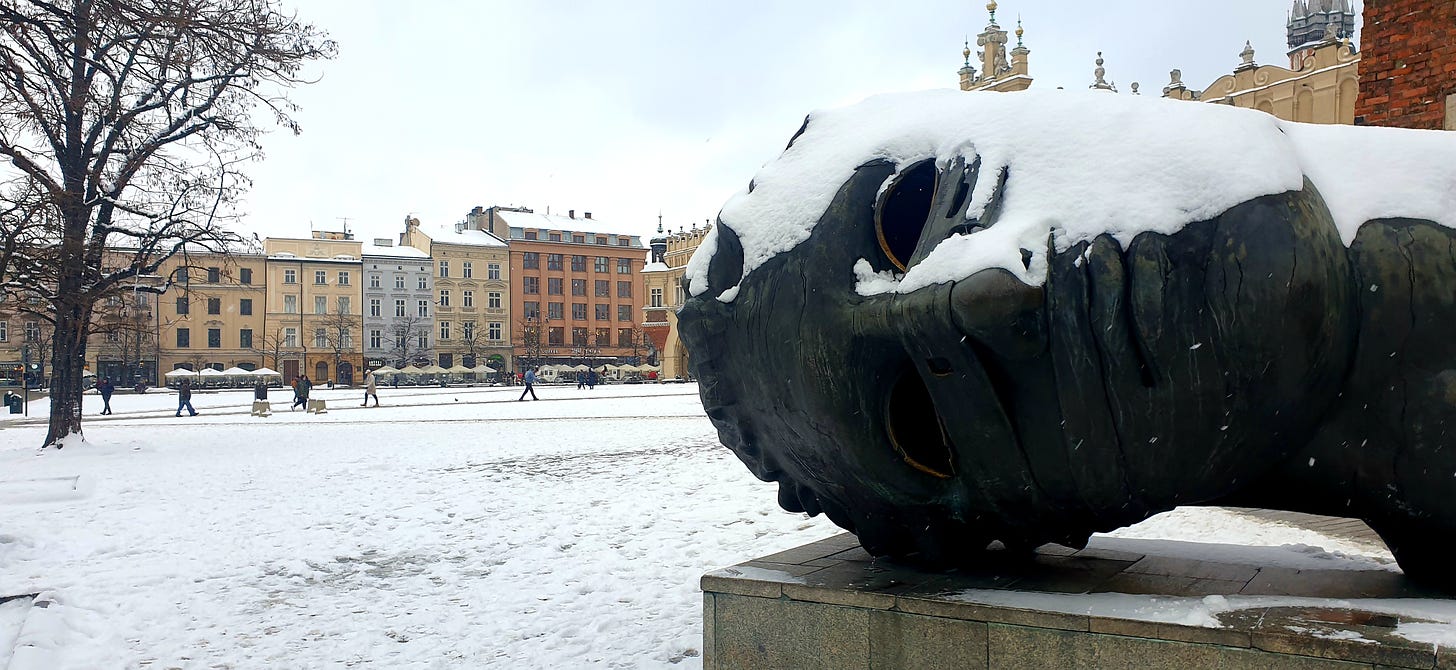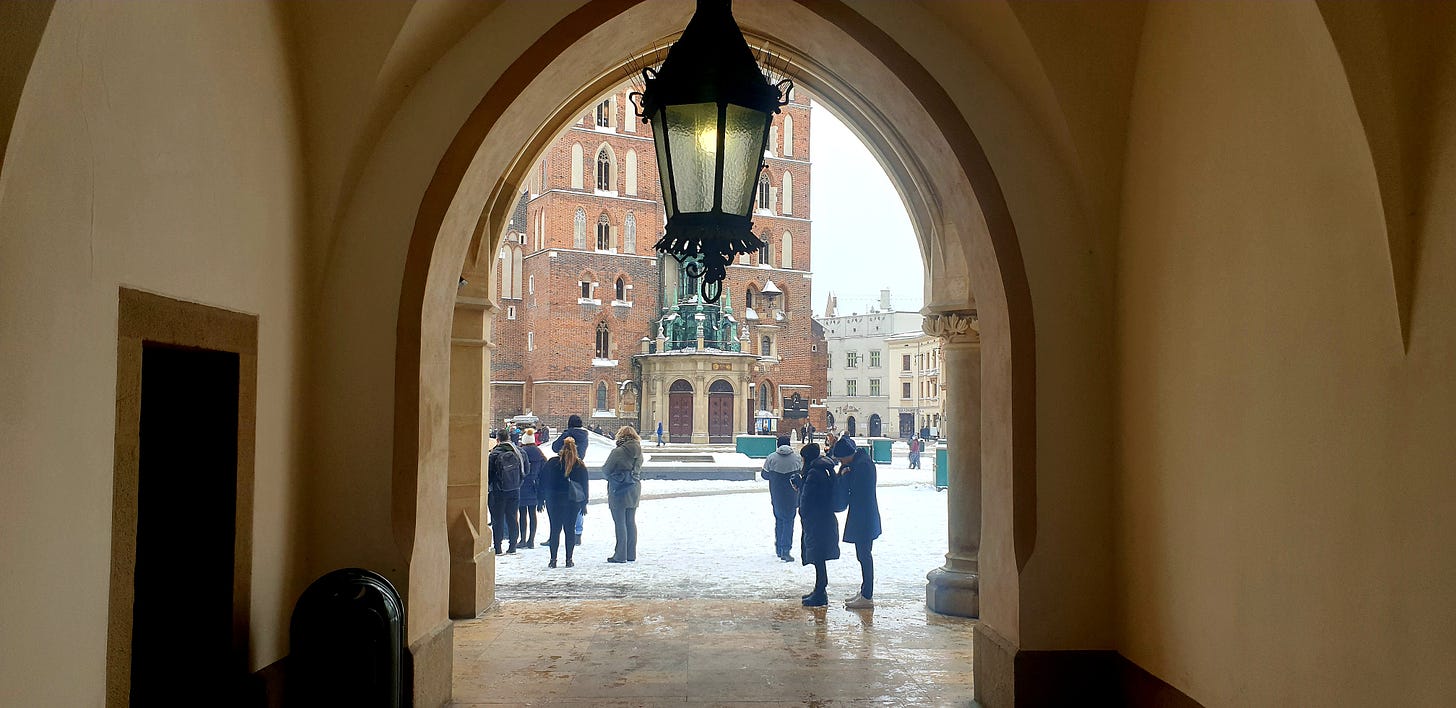"You Won’t Look Back But There’s Blood on the 'Stacks" Edition
Hello,
Obligatory shilling. I wrote for The Critic about politicians aspiring to be influencers. I also wrote about the “West Elm Caleb” saga for The Spectator, so it was a week rich in online nonsense.
I wrote for my paying subscribers about Conrad, depression and the meaning of life. I also uploaded an unpublished 2021 article about hysteria in publishing.
How bias works. Sam Ashworth-Hayes writes an excellent, elegant explainer of “The Blob”:
Abstracted to the level of the system, the Blob looks something like this: Ideas are generated in academia, which is funded by the state. These ideas are promoted by charities that exist to act as campaigning organisations. These charities receive significant funds from the state, and from a handful of well-funded left wing organisations that exist to disburse grants. While there are many organisations promoting various policies, the number substantively funding them is substantially lower. These arguments receive a positive hearing in the press and in the parts of Whitehall beyond direct government control — which, after all, funded their creation.
The revolution is not over. This essay by N.S. Lyons on premature attempts to declare “wokeness” dying, if not dead, is bleak but powerful:
Like a hydra, today’s Revolution is a complex beast with many heads; its causes and its consequences may be multitudinous.
Also like a hydra, it is likely to prove very difficult to kill. If there is a wave of conservative political victories in U.S. elections this November, expect the “Wokeness is dead” takes to come fast and heavy. But hopefully now you won’t be fooled, and will know: the Revolution isn’t over.
Ignorant, cruel and cowardly. Vinay Prasad minces no words when it comes to masking kids:
When the history books are written, we will not look wise or kind for insisting that kids and toddlers wear masks for hours on end, year after year, without ever testing this policy with controlled trials. We will look ignorant, cruel, fearful, and cowardly.
I regret being so enthusiastic about masking in the spring of 2020. I thought it was a low impact measure that could drive down cases. Little evidence emerged of its efficacy and the longer people had to use masks the higher their impact was.
Middlestop. Salman Rushdie was doing an AMA (“ask me anything”) on his excellent Substack so I asked which classic novel he has never read. His answer was Middlemarch by George Eliot. It turns out that there is a something of a saga here. Back in 1983, Rushdie was embarrassed to admit on a TV quiz show that he had not read Middlemarch and claimed that he was planning to. In 2015, asked by the New York Times to name a book he could not finish, he said Middlemarch and sighed that he had to “improve [his] relationship” with the book. By 2017, he was telling Literary Hub that he had, “Started it many times….and…failed. Sorry.” In 2018, asked by the Guardian to name a book he had not read, he answered, “The humiliating answer I’m always obliged to give to this question is Middlemarch. I know, I know. I’ll try again.” Mr Rushdie, you don’t have to read Middlemarch. Give yourself a break!
Literary savagings. Freddie deBoer takes down takedowns:
My beef…is…this weird tendency in literary culture to think that all authors of note are just waiting for that one definitive takedown, after which we can safely sort them into the recycling bin. These literary savagings can speak with humor, incisiveness, and righteous anger, but they cannot speak with finality.
Shock therapy. As Putin threatens Ukraine, Dimitri Simes asks where it all went wrong for Russia:
By the end of 1992, prices had skyrocketed by 2,508 percent while real wages fell by about a third. Hyperinflation impoverished tens of millions of Russians practically over night by wiping out their life savings. Although grocery store shelves were now filled with products, the cruel irony was that many Russians could not afford to buy them. Over the course of 1992, Russians were forced to cut their consumption of vegetables by 84 percent, meat by 80 percent, fish and milk by 56 percent.
Have a lovely week,
Ben






